Food waste reduction by composting?
JamesRPoch
10 years ago
Related Stories
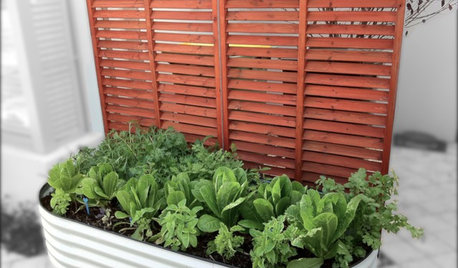
FEEL-GOOD HOME21 Ways to Waste Less at Home
Whether it's herbs rotting in the fridge or clothes that never get worn, most of us waste too much. Here are ways to make a change
Full Story
MOST POPULAREasy Green: 23 Ways to Reduce Waste at Home
Pick from this plethora of earth-friendly ideas to send less to the landfill and keep more money in your pocket
Full Story
GARDENING GUIDESGet on a Composting Kick (Hello, Free Fertilizer!)
Quit shelling out for pricey substitutes that aren’t even as good. Here’s how to give your soil the best while lightening your trash load
Full Story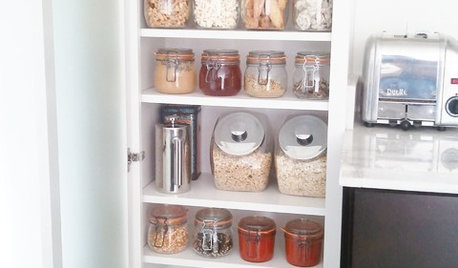
HEALTHY HOME6 Tips From a Nearly Zero-Waste Home
Lower your trash output and increase your quality of life with these ideas from a mom who did it to the max
Full Story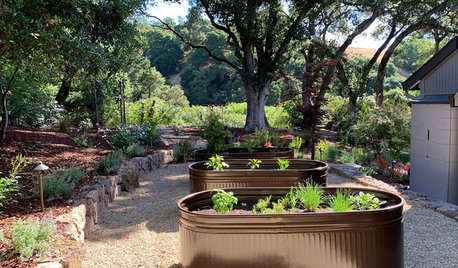
FARM YOUR YARD6 Things to Know Before You Start Growing Your Own Food
It takes time and practice, but growing edibles in the suburbs or city is possible with smart prep and patience
Full Story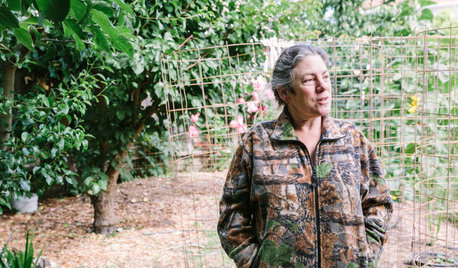
FARM YOUR YARDTo Get the Food They Believe In, These Urbanites Grow Their Own
Home gardeners farming on their city lots find that local, organic food isn’t the only reward
Full Story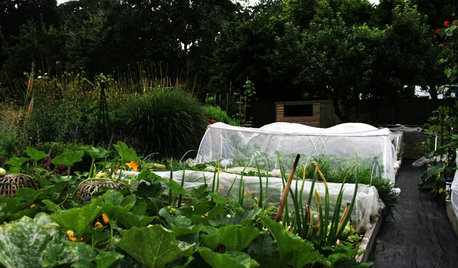
EDIBLE GARDENSFood and Community Thrive in a U.K. Allotment Garden
Get a peek at a rented garden plot in England where edibles and flowers mix and local residents can mingle
Full Story
GARDENING GUIDESHouzz TV: Make a Worm Bin for Rich Soil and Happy Plants
A worm-powered compost bin that can fit under a sink turns food scraps into a powerful amendment for your garden. Here’s how to make one
Full Story
GARDENING GUIDESMid-Atlantic Gardener's January Checklist
Scatter berries while ye may, be kind to your fair-feathered friends and try a time-saving compost trick that will keep you out of the cold
Full Story
EARTH DAYGrow a Beautiful Garden With Ecofriendly Greywater
Reducing home water waste means lower bills and a healthier planet. Here's how to set up a greywater home irrigation system that can help
Full StoryMore Discussions







klem1
glib
Related Professionals
Folsom Landscape Architects & Landscape Designers · Wakefield Landscape Contractors · Goodlettsville Landscape Contractors · Hilton Head Island Landscape Contractors · Placerville Landscape Contractors · West Palm Beach Landscape Contractors · Hawaiian Gardens Landscape Contractors · Welby Decks, Patios & Outdoor Enclosures · American Fork Decks, Patios & Outdoor Enclosures · Conroe Decks, Patios & Outdoor Enclosures · Huntington Decks, Patios & Outdoor Enclosures · Owings Mills Decks, Patios & Outdoor Enclosures · Racine Decks, Patios & Outdoor Enclosures · Schaumburg Decks, Patios & Outdoor Enclosures · South Milwaukee Decks, Patios & Outdoor EnclosuresUser
JamesRPochOriginal Author
luckygal
toxcrusadr
TXEB